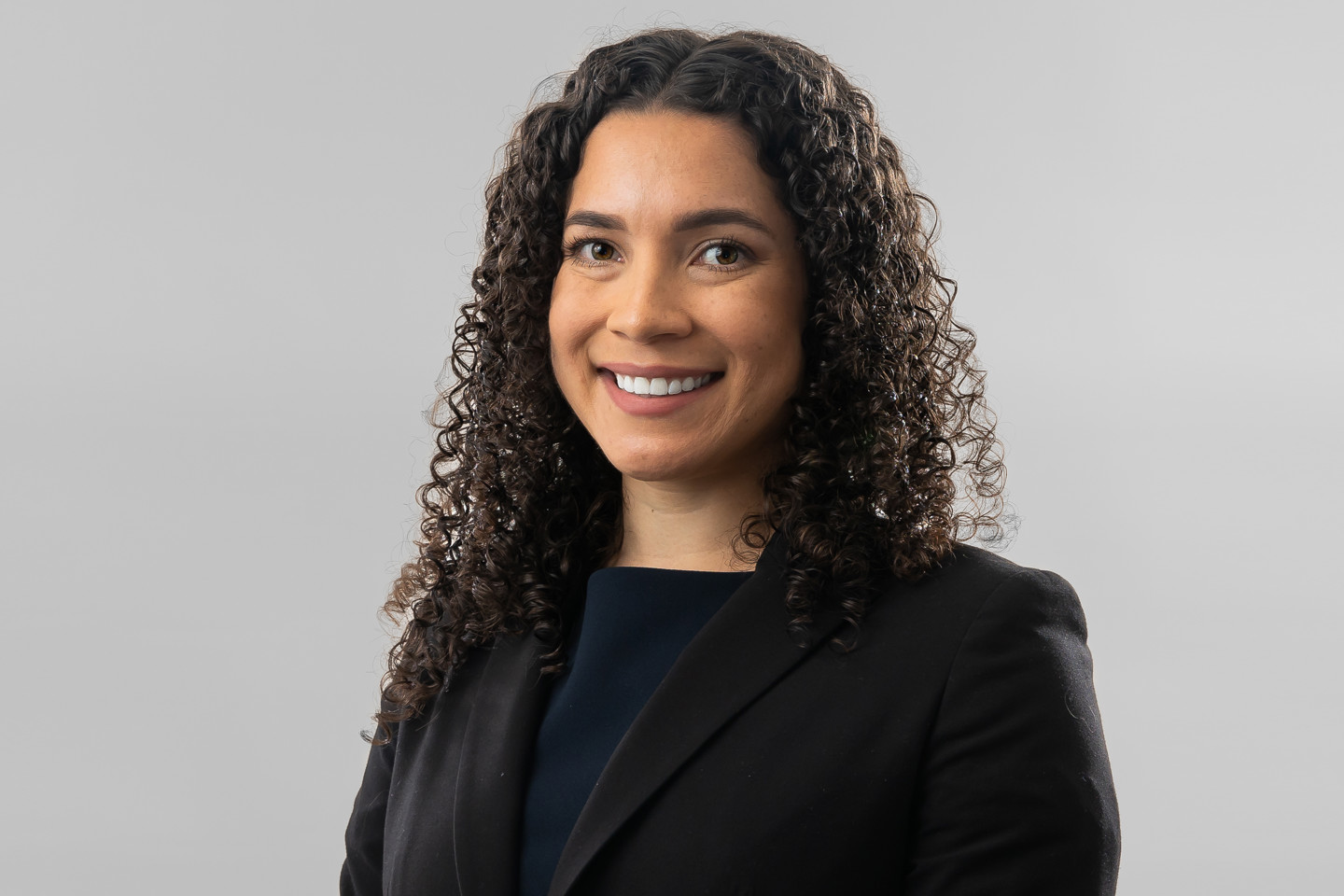
Jennifer Fox
Partner | Legal
Cayman Islands

Jennifer Fox
Partner
Cayman Islands
No Content Set
Exception:
Website.Models.ViewModels.Components.General.Banners.BannerComponentVm
Legal claims can only be brought within the applicable limitation period prescribed by the Limitation Act (1996 Revision). A defendant to any claim that is time-barred has a complete defence. Prior to the recent decision of Ritchie Capital Management LLC et al (Ritchie) v Lancelot Investors Fund Ltd (Lancelot) and General Electric Company (GE), it had been generally understood that the Cayman approach to claims against companies in liquidation would follow the English position on the issue of limitation. That is, the limitation period will cease to run once the company goes into liquidation, with some exceptions.
The Cayman Grand Court, however, in the unreported case of Ritchie, has challenged this assumption and reinterpreted the principles from the English authorities on this important point.
Lancelot is a Cayman Islands entity which was placed into official liquidation in the Cayman Islands on 10 December 2008. It was one of three related funds; the other two were incorporated in Delaware and also filed for bankruptcy in 2008. Ritchie brought proceedings in Cayman against both Lancelot and GE for deceit and unlawful means conspiracy. Ritchie claimed to have lost sums in excess of US$200 million as a result of investing in funds such as Lancelot, which was a feeder fund for investment into the Petters Group Ponzi scheme. Ritchie served proceedings on Lancelot on 21 May 2019. Ritchie obtained leave on an ex parte application to serve the proceedings on GE out of the jurisdiction by establishing, inter alia, that the claims against the Cayman "anchor" Lancelot raised a real issue to be tried. GE applied to set aside this order on several grounds, including that the claims against Lancelot were time-barred given the expiration of the applicable limitation period.
Ritchie relied on the English authority of General Rolling Stock and subsequent supporting English authorities to argue that as a result of the winding up of Lancelot on 10 December 2008, time ceased to run on any applicable limitation periods from the date the petition was presented, meaning that Ritchie's claims against Lancelot were not time barred. This, Ritchie argued, was the case regardless of whether those claims arose out of legal causes of action in tort, or in contract, or were disputed, or not.
Parker J rejected this argument for several reasons.[1]
First, he considered that neither the Limitation Law[2] nor the Companies Law (2020 Revision or any prior enactment) or any other Cayman statute provides for the suspension of the running of time for such actions upon the commencement of a Cayman company's official liquidation.
Second, the Court rejected the argument that the English authority of General Rolling Stock[3] and subsequent authorities supported the proposition that the provisions of the Limitation Act should be disregarded. In General Rolling Stock, the Statute of Limitations was suspended as long as the debt was not statute barred as at the date the insolvency proceedings commenced. In other words, for as long as the assets had not been liquidated and distributed to creditors, creditors were at liberty to prove their claim in the liquidation (via the proof of debt procedure). Crucially, the Court held that General Rolling Stock was not authority for the proposition that the effect of the commencement of Lancelot's liquidation stopped the clock running on any applicable limitation period relevant to available legal claims. Rather, General Rolling Stock was a case, properly understood, about the liquidation process and the impact this has on the ability of creditors to pursue claims.[4]
Parker J held that Financial Services Compensation Scheme Ltd v Larnell (Insurances) Ltd (In Liquidation) [2005] EWCA Civ 1408 confirmed that the proposition to be derived from General Rolling Stock is that the right to enforce a claim against the assets of a company in liquidation is to be ascertained as at the date of commencement of the liquidation. The right to prove in the liquidation is not lost by reason of any applicable limitation periods (ie the operation of the Limitation Act) as long as the claim is not time-barred as at the date of the commencement of the liquidation.[5]
In doing so, Parker J rejected the English Court's approach in Larnell that either a claim can or cannot be brought irrespective of the method of bringing that claim (ie either via legal proceedings or via the proof of debt process in a liquidation). In Larnell, Moore-Bick LJ found it impossible to accept that the same claim can be time-barred for one purpose but not for another. Parker J disagreed with this view. He considered that the mechanism of pursuing a claim did impact on the applicable limitation period; thus there should be a difference in approach to limitation dependent on whether a creditor is bringing an action by way of court proceedings or establishing its right to prove in the liquidation.[6]
As such, since Lancelot was pursuing its claim in court proceedings, its winding up did not suspend the limitation period relating to these claims, regardless of whether they were commenced before, during or after the winding up procedure.
Third, the Court held that it would be contrary to the policy behind the Limitation Act for it not to apply to actions brought by way of court proceedings simply because a defendant company has been wound up.[7] The Limitation Act promotes commencement of actions within a reasonable time period and provides certainty and finality as to the opportunity to bring claims. Parker J also commented that to follow the approach in Larnell, effectively stopping the clock on both types of claims, would lead to the "strange result" that the winding up procedure changes the characteristics of the creditor's rights and the nature of the debts which can be enforced by way of court proceedings. This seems to go against Lloyd J's comments in Larnell that it is wrong to describe the effect of the commencement of a liquidation process as converting the nature of creditors' rights; it is only the way in which those rights may be given effect to that is affected on commencement of the winding up.
The Cayman Court therefore held that the primary limitation period for the claims made in the proceedings issued by Ritchie in Cayman on 21 May 2019 had already expired five years previously in 2014, and they were time-barred.
The approach in Ritchie may be summarised as: (i) limitation periods continue to run with respect to legal claims pursued against companies in liquidation by way of court proceedings but (ii) limitation periods are suspended on the date the insolvency process commences with respect to liabilities sought to be proved in the liquidation process via a proof of debt.[8] However, it is important to note that the Ritchie decision is being appealed and therefore Parker J may not have the last word on this issue. Nevertheless, if the decision is upheld it may well have a significant impact in limiting time-barred claims to a resolution within the proof of debt process if it is followed by other Judges of the Grand Court.
[1] [51], Ritchie
[2] We note that the legislation are now referred to as "Acts", not "Laws", pursuant to the Citation of Acts of Parliament Act 2020
[3] (1872) LR 7 Ch App 646,Taffs Well [1992] Ch 179 at p 191
[4] [58], Ritchie
[5] [56]-[65], Ritchie
[6] [64] Larnell
[7] [69]-[70] Ritchie
[8] [65], Ritchie

Jennifer Fox
Partner | Legal
Cayman Islands

Jennifer Fox
Partner
Cayman Islands

Victoria King
Senior Associate | Legal
Cayman Islands

Victoria King
Senior Associate
Cayman Islands
Ogier is a professional services firm with the knowledge and expertise to handle the most demanding and complex transactions and provide expert, efficient and cost-effective services to all our clients. We regularly win awards for the quality of our client service, our work and our people.
This client briefing has been prepared for clients and professional associates of Ogier. The information and expressions of opinion which it contains are not intended to be a comprehensive study or to provide legal advice and should not be treated as a substitute for specific advice concerning individual situations.
Regulatory information can be found under Legal Notice
Sign up to receive updates and newsletters from us.
Sign up
No Content Set
Exception:
Website.Models.ViewModels.Blocks.SiteBlocks.CookiePolicySiteBlockVm